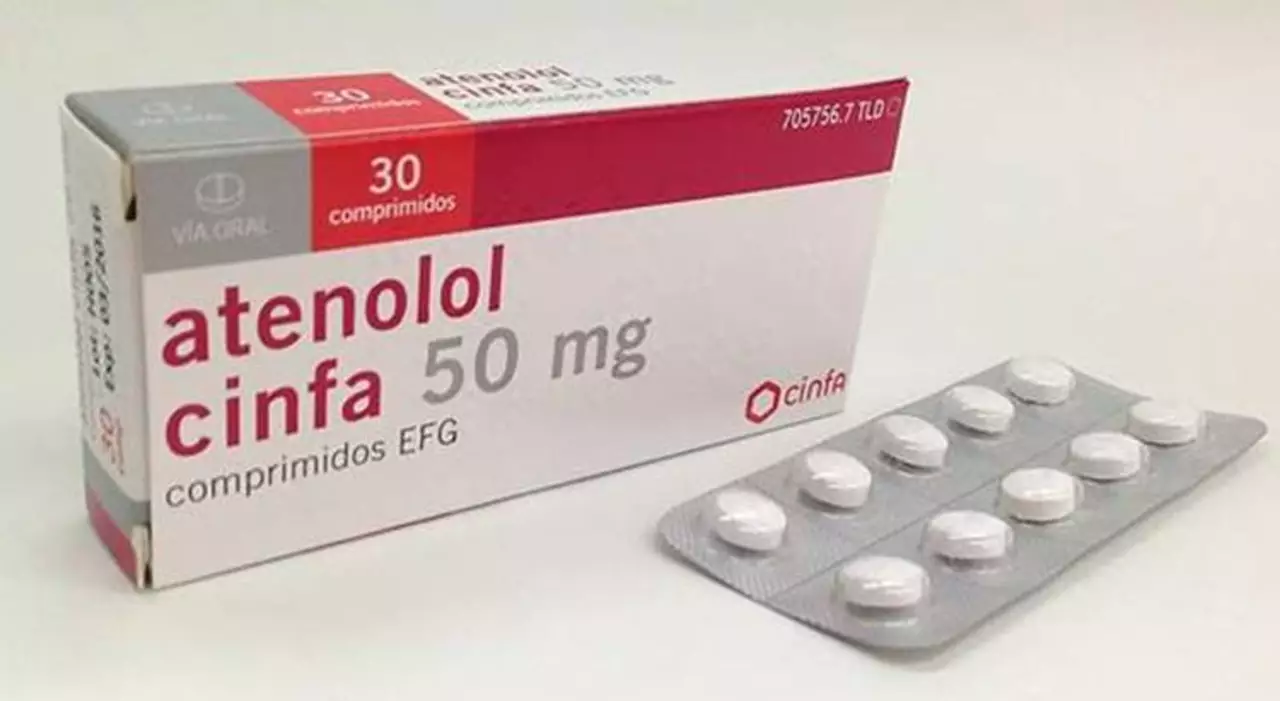What to Know: Practical, No-Nonsense Guides on Meds and Health
Buying a medicine, switching an inhaler, or picking a supplement shouldn’t feel risky. This tag gathers short, practical articles that answer the real questions people ask: How do drugs work? What are safer alternatives? Where can I buy medicine online without getting scammed? You’ll get straight answers and sensible next steps, not vague warnings.
Expect pieces that compare drugs side-by-side, explain common side effects, and show how to use medications safely. You’ll find reviews of online pharmacies, step-by-step buying tips, guides on substitutes for popular meds, and plain-language explainers for supplements and conditions.
Fast safety rules you can use today
Check the active ingredient first. Brand names change but the active chemical usually tells you what the drug does and how it will interact with other meds you take.
Verify online pharmacies. Look for a physical address, phone number, and clear pharmacy credentials. If a deal looks unbelievably cheap, pause and confirm the source—fake meds are a real risk.
Read the side-effect and dosing sections. Small differences in dose or form (tablet vs. extended-release vs. inhaler) matter. If an article lists common side effects, pay attention and ask your clinician how serious they are for you.
Use “alternatives” guides to start conversations with your doctor. Many posts compare drugs like nifedipine vs. amlodipine or list options when amoxicillin won’t work. Treat these as conversation starters, not prescriptions.
Choose supplements carefully. Look for third-party testing, clear ingredient lists, and realistic claims. The articles here spell out what the evidence does and doesn’t support for things like artichoke extract, goldthread, and jackfruit supplements.
How to read these posts so they help you
Start with the short summary at the top of each article to see if it fits your situation. If the topic is buying online, check the “what to watch out for” and “trusted options” sections before you hit buy. For drug comparisons, focus on the parts about side effects, common uses, and who should avoid them.
If you’re managing a condition (asthma, thyroid issues, infections), search within this tag for targeted guides—like inhaler options, constipation with thyroid disease, or antibiotic alternatives. These posts give practical tips you can bring to a prescriber.
Questions? Use our Contact page to ask about a specific article or request sources. We don’t replace your doctor, but we do aim to make medical info easier to understand so you can make safer choices.
Bookmark this tag and check back—new, practical guides are added regularly to help you make smarter, safer health decisions.
Atenolol and Smell Changes: What You Should Know
As a blogger, I recently came across some interesting information about Atenolol, a medication commonly prescribed for high blood pressure, and its potential impact on our sense of smell. I discovered that Atenolol may cause changes in the way we perceive different scents, which could be quite alarming for some people. While this side effect is not common, it's essential to be aware of it, especially if you're taking this medication. If you notice any changes in your sense of smell while on Atenolol, make sure to discuss it with your doctor. In the meantime, I'll keep researching and sharing my findings to keep you all informed.
View more
